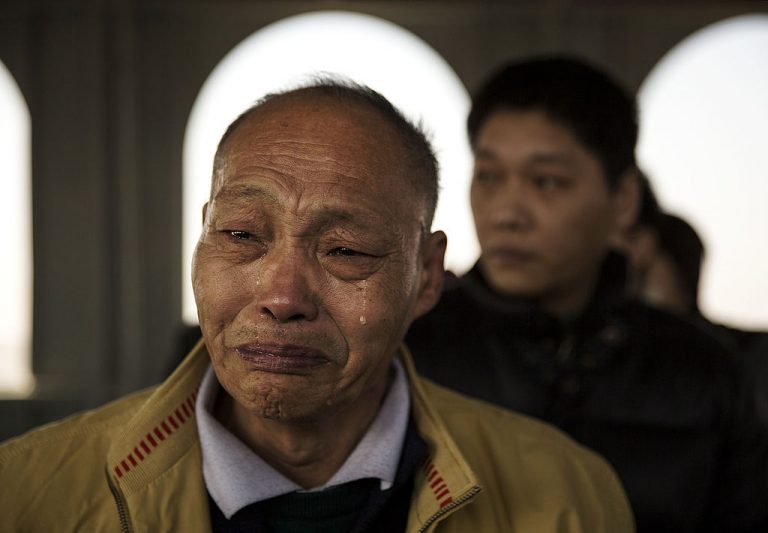Chinese authorities have dug up the body of a deceased woman and cremated it — against the will of her family — amid funeral reform policies enacted in an attempt to fight overpopulation.
The incident happened in Datang township in southern Guizhou province’s Pingtang county to a resident by the name of Yang. “His mother’s body was removed from her grave and sent to a funeral home soon after her family buried her early last month,” the Chuncheng Evening News reported on Tuesday.
For a few decades, but especially the last, China has been putting a lot of effort into reforming funeral regulations, relocating graves, and have mandated that cremation is the only proper way to dispose of the deceased.
“Ground burial has long been a tradition in most rural areas across China, but a drive to replace it with cremation has swept the country in the past decade as the government encouraged more land-saving, eco-friendly funerals,” the South China Morning Post (SCMP) reported Wednesday.
The reforms have been enacted to cope with a lack of space in certain regions and to address overpopulation issues but they have been met with resistance especially in rural areas where people traditionally cling to their habits of performing extensively ritualized ground burials.
Success
You are now signed up for our newsletter
Success
Check your email to complete sign up
According to a Stanford University study on grave reform in modern China, Mr. Yang’s case is not an isolated one.
“Over the past thirty years, and even more aggressively over the recent decade, government officials and their private sector partners have ventured to rationalize the spatial distribution of human remains,” the study said, adding that it’s done so, “to reduce the overall number of newly buried Chinese corpses through the simultaneous promotion of cremation.”
“The campaign has proceeded at a staggering rate, with well over ten million corpses being exhumed and relocated over the past two decades alone,” the researchers added.
Last year, over 5.55 million dead bodies were cremated, which accounted for about 56 percent of all funeral services.
In the case of Mr. Yang, after his mother passed away in early October, authorities claimed that they urged him, on three different occasions, not to bury her. However, they said, Yang defied the warnings and had his mother inhumated; an action authorities deemed illegal.
On Oct. 3, on behalf of Mr. Huang, the mayor of Datang, 30 police officers were employed to exhume Mr. Yang’s mother’s remains and then sent them to a funeral home where she was later cremated.
“As per regulations, after the village committee issued a death certificate, the funeral home cremated Yang’s mother,” the mayor said.
Thomas S. Mullaney, one of the contributors to the Stanford University study, wrote in his conclusion:
“Not unlike its better-known counterpart, the one-child policy, grave relocation, and funeral reform are profoundly controversial initiatives crafted in response to China’s population crisis—in this case, the population of the dead rather than the living. State and party authorities in concert with developers have ventured to redraw the map of the Chinese deathscape: to rationalize the spatial distribution of human remains, reduce land burial, and promote cremation, all in an attempt to overcome what has been referred to as ‘conflicts between the living and the dead over land resources.’”
Overpopulation or not, Mr. Yang is still not satisfied with the outcome. “I’m OK if they took her away from home, but why did they dig her up after we buried her?” he said.














